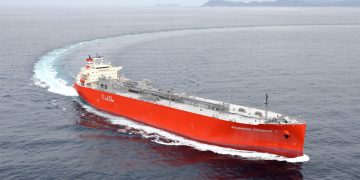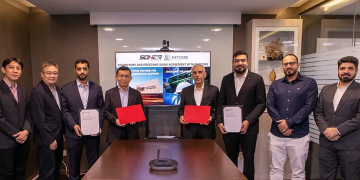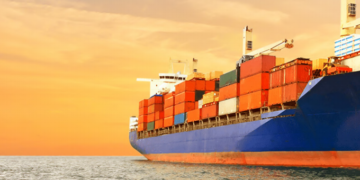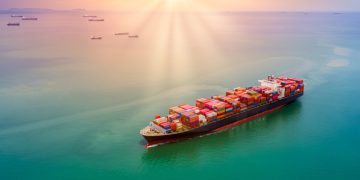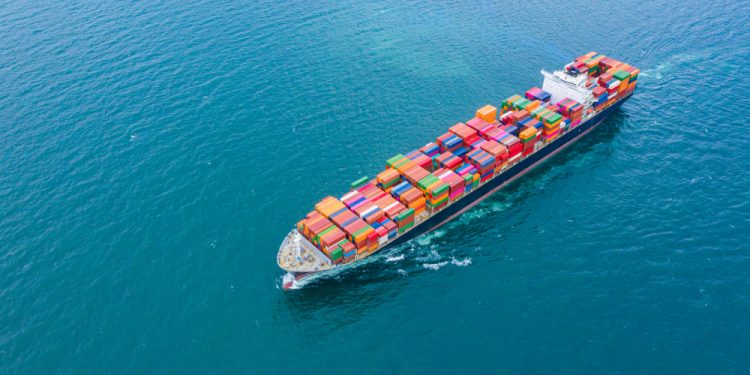A thorough effort based on the IMO Formal Safety Assessment (FSA) procedure has ensured that the recommendations in DBI’s report CARGOSAFE will form the basis for discussions at the IMO.
According to DBI’s report, the number of fires on container ships has doubled over the past twenty years. Larger ships and new types of cargo affect fire safety on board, and the existing minimum rules from the International Maritime Organization (IMO) do not seem to match today’s risk picture. It was against this backdrop that the European Maritime Safety Agency (EMSA) asked DBI to lead the CARGOSAFE project, which in 2023 published a report with 17 possible measures on how to improve fire safety on container ships.
Danish Institute of Fire and Security Technology (DBI) highlights that Formal Safety Assessment (FSA) is a structured and systematic method used to assess risks and identify the most effective ways to improve safety in the maritime sector. FSA was developed in response to the Piper Alpha disaster in 1988, where an oil platform in the North Sea exploded, and 167 people lost their lives.
8 Cost-Effective Recommendations
- Improved control of lashing
- Heat detection
- Portable IR cameras for crew to enhance manual detection
- Improved manual firefighting tools for individual container breaching and firefighting
- Manual firefighting tools that increase reach
- Methods for unmanned firefighting
- Active protection underneath hatch covers to protect from fire spread towards the deck
- Passive protection to protect from fire spread towards the deck













